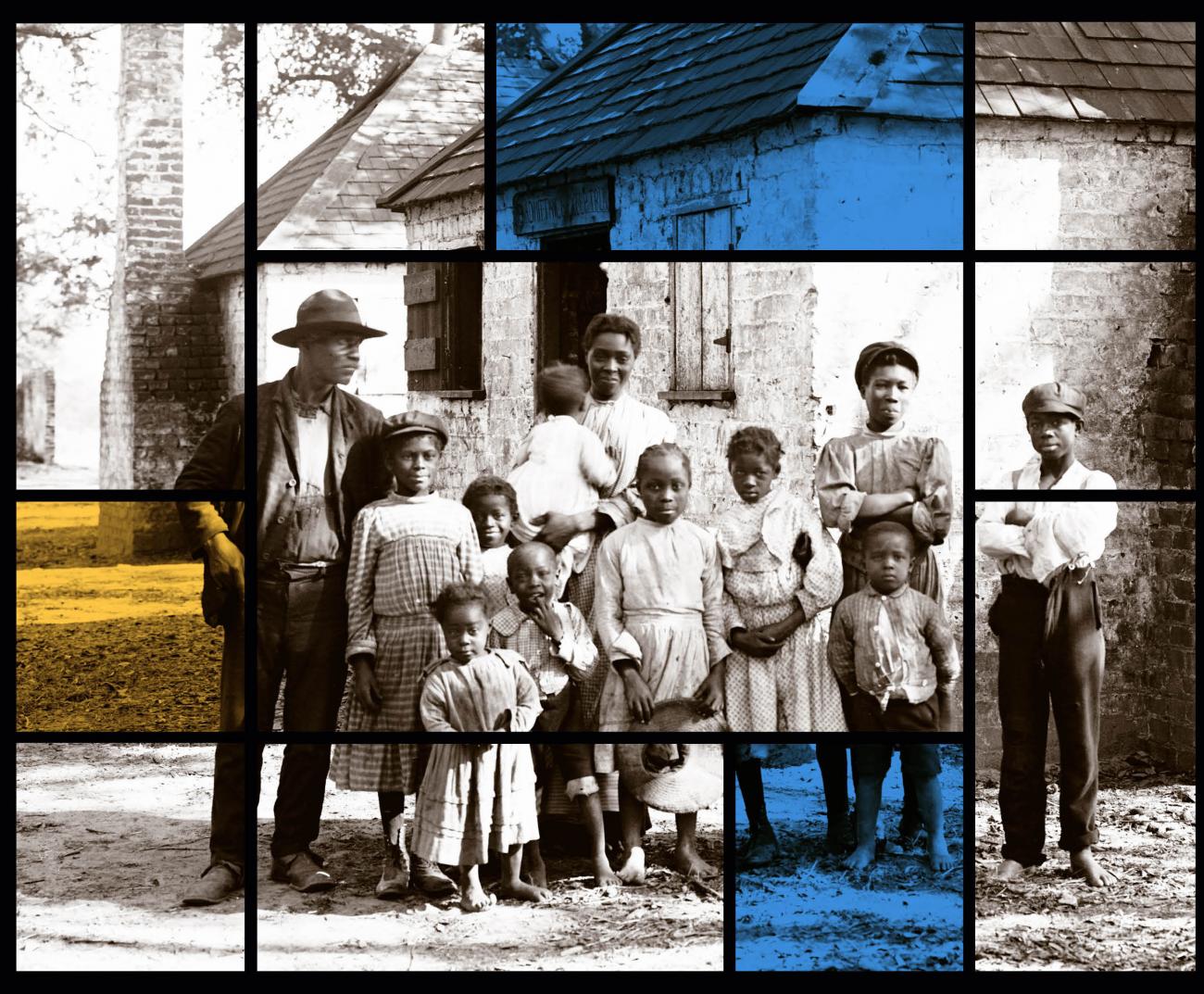Make Good the Promises – Questions of Reconstruction Remain the Challenges of Today
by Kathy Grear 02/14/2022The United States emerged from the Civil War fundamentally changed.
For the first time, slavery did not legally exist within its borders. What this meant was the question before the nation. Would four million newly freed people be truly free to determine their own lives? Would the nation’s founding promises of liberty, equality and justice be realized for all people, regardless of race?


Exhibition Guide
Reconstruction was a revolutionary political, social and economic movement that reshaped the nation in profound and lasting ways. It manifested the aspirations and determinations of African Americans, including four million newly freed people, seeking to define themselves as free and equal citizens. Use this Exhibition Guide as a companion for your museum visit and as a keepsake with reflective activities to encourage further learning.
Download about Exhibition Guide
Exhibition Storylines
For newly freed men, women, and children in the South and African Americans throughout the nation, the end of the Civil War brought feelings of joy and hope, as well as turmoil and uncertainty.
What would America be like without slavery? How would their lives change? As the institution of slavery came apart, newly freed people began reconstructing their families and communities. Freedom offered new possibilities, some positive, some frightening.
What was certain was that things would not remain the same.
Reconstruction is an important but often overlooked time in American history. As a result, many Americans do not know much about what happened in the years following the Civil War. While the traditionally defined time frame for Reconstruction is 1865 to 1877, in this section we take a broader view to see how struggles over citizenship and national identity developed before, during, and beyond Reconstruction. We provide an overview of the major events of Reconstruction, and reflect on why it matters today.
After the end of slavery, newly freed African Americans embraced freedom by establishing families, creating communities, and building new institutions. They sought access to education and ownership of land as keys to independence.
Above all, they wanted the opportunity to determine their own lives, free from white interference. To secure their visions of freedom, they demanded the same privileges and protections enjoyed by white citizens, including the right to vote.
Family
Slavery often broke families apart. With freedom, many African Americans sought to reunite with lost family members and to define family roles and responsibilities in ways they believed best suited their new circumstances. Their efforts highlighted the importance of family as foundational to their status as free people.
Land and Labor
Economic independence was crucial to the newly freed. They knew that control of their own land and labor offered a solid foundation for self-sufficiency. Without that, they understood they remained under the power of white landowners, who blocked them from attaining their goals. As a consequence, thousands chose to move to new locations in hopes of finding better opportunities.
Community
For African Americans coming out of slavery, freedom meant taking control of their own educational, religious, economic, and social lives. Independent institutions, including churches, schools, businesses, and associations, provided infrastructure for African American communities and refuge from white oppression. They also served as bases for political activism and leadership training.
Democracy
During Reconstruction, African Americans gained new civil and political rights, including the right to vote and hold elected office. But after 1873, the federal government retreated from enforcing civil rights laws. White supremacists used voter suppression and terrorism to regain political power in southern states. In place of democracy, African Americans faced a system of racial discrimination that confined them to second-class citizenship.



No Comments so far
Jump into a conversationNo Comments Yet!
You can be the one to start a conversation.Only registered users can comment.